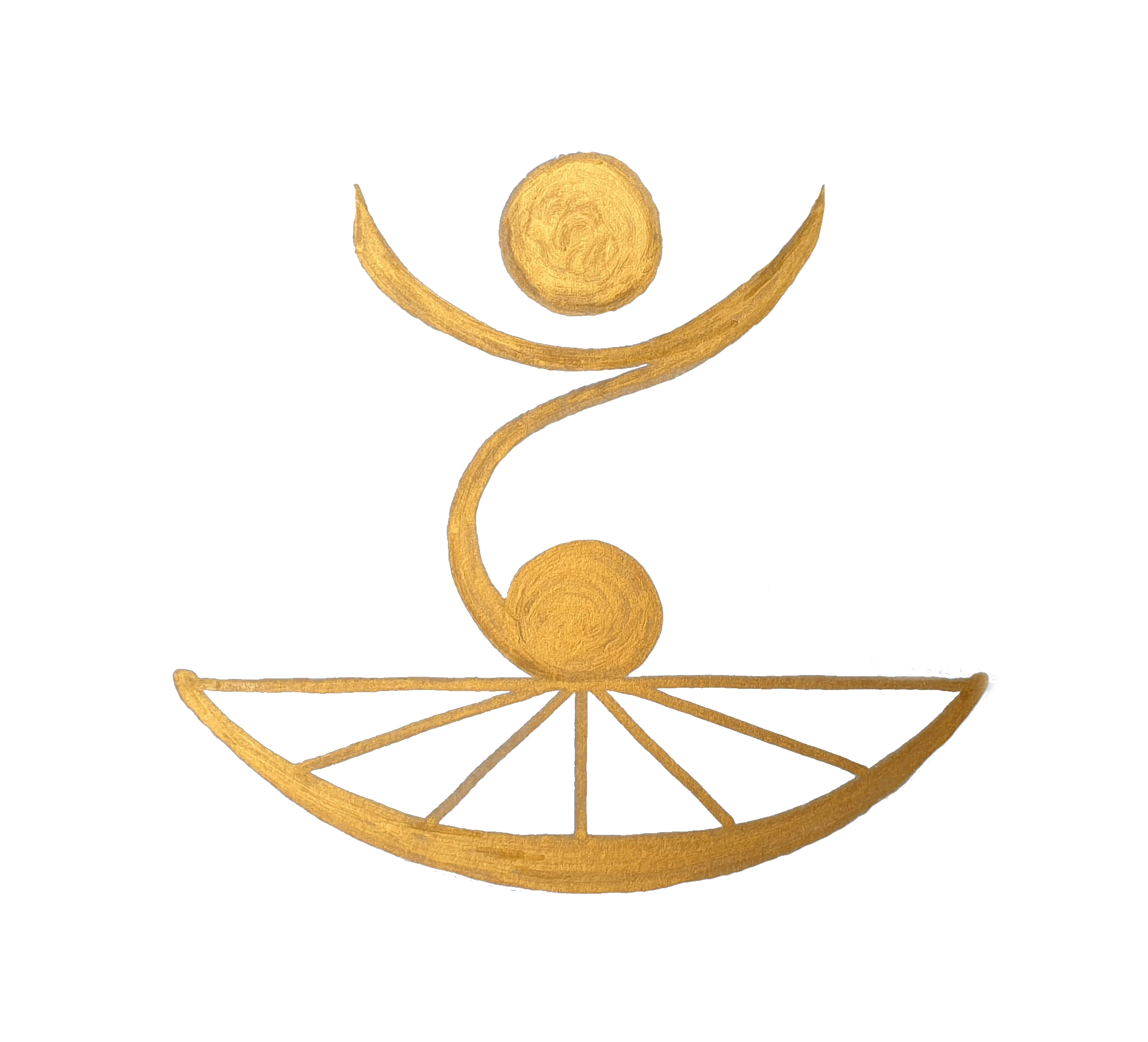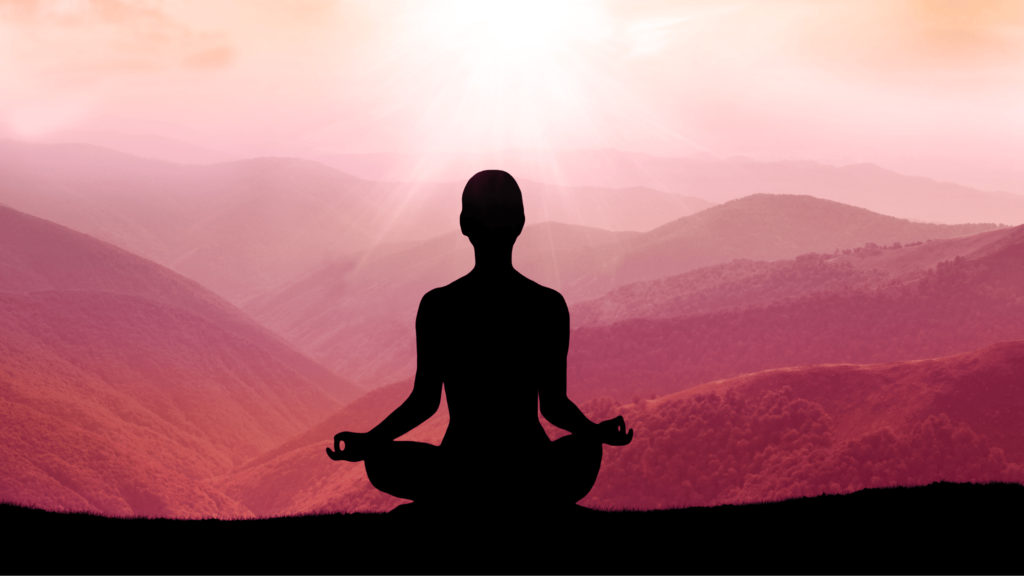A Fundamental Problem
Once a farmer went to tell the Buddha about his problems. He told the Buddha about his
troubles farming—how either droughts or monsoons made his work difficult. He told the
Buddha about his wife—how even though he loved her, there were certain things about
her that he wanted to change. Likewise with his children—yes, he loved them, but they
weren’t turning out quite the way he wanted. When he was finished, he asked how the
Buddha could help him with his troubles.
The Buddha said, “I’m sorry, but I can’t help you.”
“What do you mean?” railed the farmer. “You’re supposed to be a great teacher!”
The Buddha replied, “It’s like this. We all have problems—it’s a fact of life. Sure, a few
problems may go away now and then, but soon enough others will arise. So we’ll always
have eighty-three problems.”
The farmer responded indignantly, “Then what’s the good of all your teaching?”
The Buddha replied, “My teaching can’t help with the eighty-three problems, but perhaps
it can help with the eighty-fourth problem.”
“What’s that?” asked the farmer.
“The eighty-fourth problem is that we don’t want to have any problems.”
Although we may not know it, we all have the deep-seated hope that our problems will
disappear. And beneath this hope lies an even deeper one: that life should be free of pain.
Although hopes and beliefs such as these are often what brings us to a path of self-
questioning and self-realization, a life free of difficulties is not what that path is about.
The path of self-realization is ultimately about becoming inwardly free. As we travel the
path, it’s possible that our relationship to our problems will always have difficulties. We
will always have “eighty-three problems.”
Expecting our problems to go away is truly our fundamental problem.




